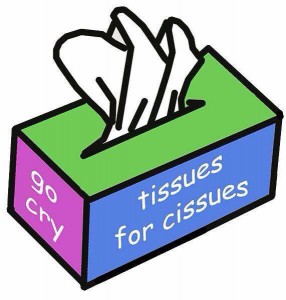=AtG=
You’re not a mental health professional (unless you happen to be a counselor of some variety). As a friend, acquaintance, or partner to a survivor, you can’t–and probably shouldn’t–try to manage someone’s mental scars. Healing is a long, complex process, and even professionals with years of study always know to personalize their approach to their patient/client rather than trying to ram them through a one-size-fits-all technique.
But the pernicious thing about mental scars is that they are difficult wounds to see, and despite our best intentions, we (both the survivor and those peripheral to survivors) may accidentally reopen them. The probability of this occurring is probably directly proportional to the amount of entanglement with a survivor: I would hazard a guess that an acquaintance is far less likely to encounter an issue than a partner.
The last thing survivors need when this happens is for the other party to exacerbate the issue with a poorly informed choice of words. So I’ve gathered some suggestions for what to do and not to do to avoid making the situation worse.


